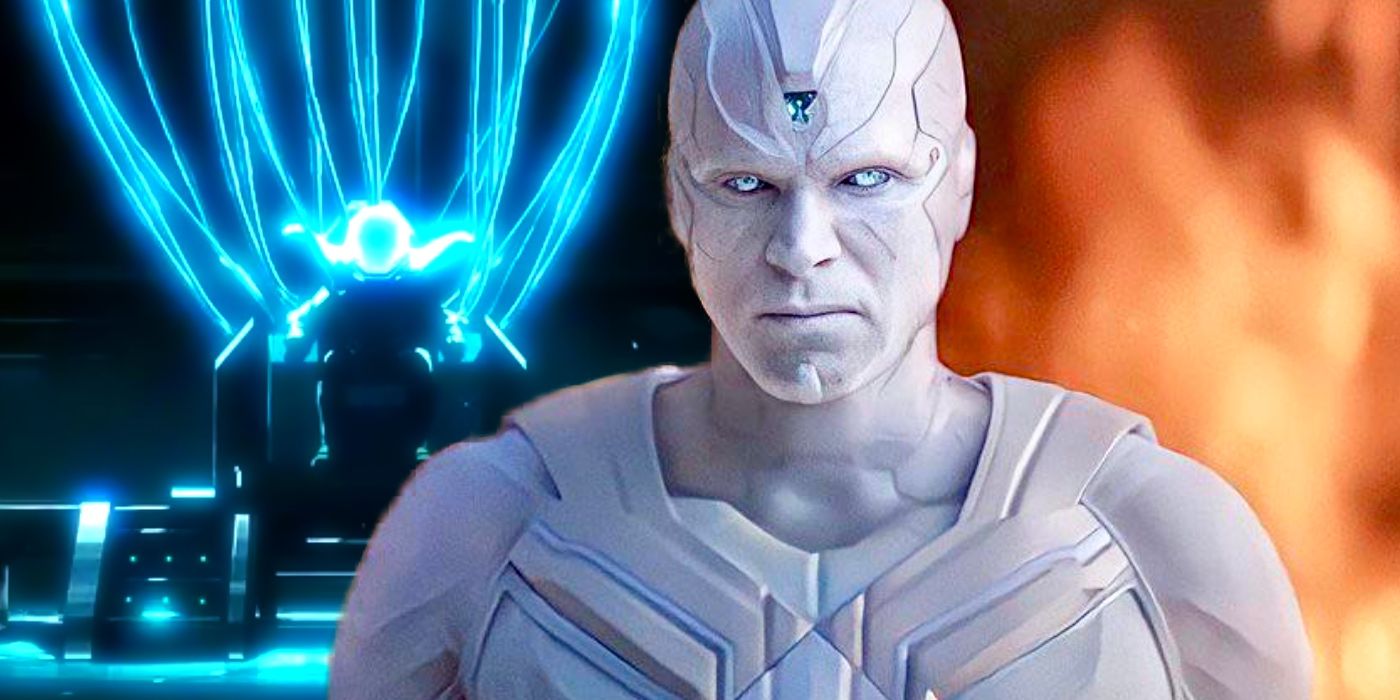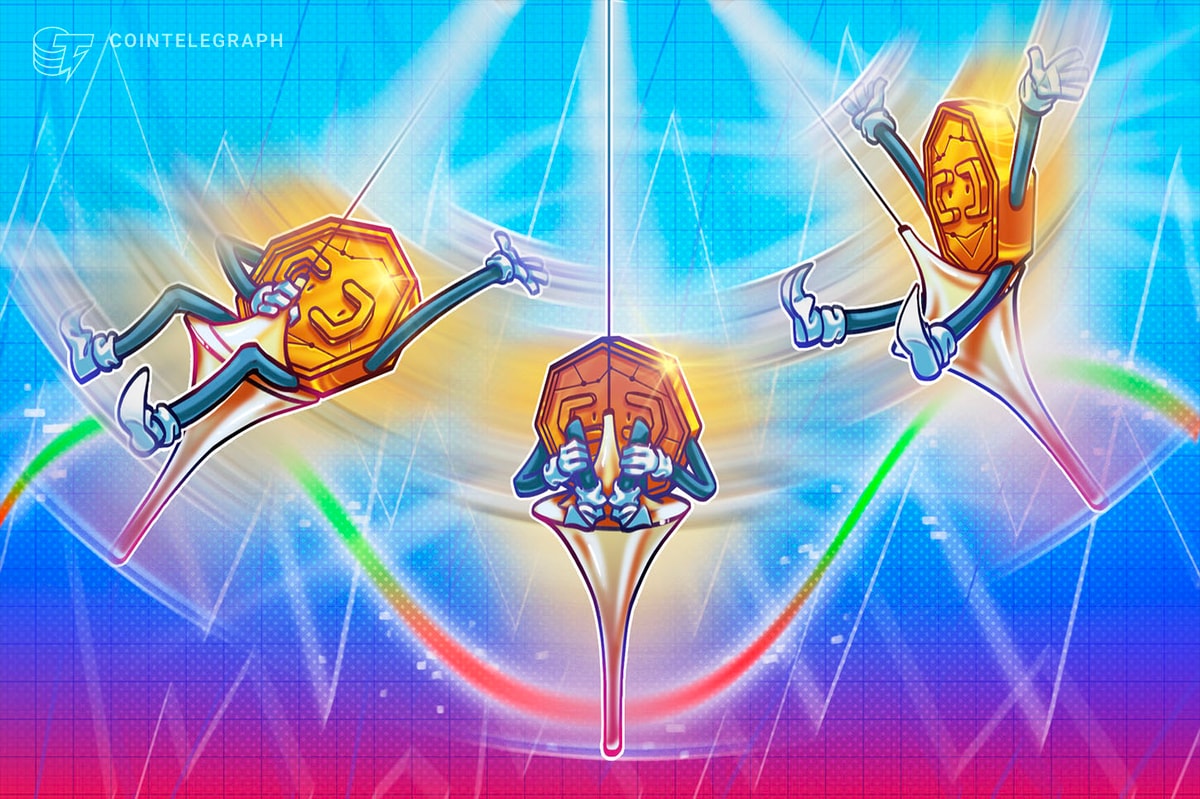The Animation Guild has ratified its contract with the major studios, despite concerns from some about protections against artificial intelligence.
The guild announced that 76.1% of the members voted in favor of the deal.
“This agreement is the next step forward in our goal to create the strongest contract for our members,” said Steve Kaplan, the business representative of the union, in a statement.
The three-year contract includes raises of 7%, 4%, and 3.5% across the board, as well as higher gains for specific crafts. Among them is a provision requiring “pay equity” for color designers, which has been traditionally female dominated, and a staffing minimum for TV animation writers.
The deal did not include most of the negotiators’ more ambitious demands, such as a provision allowing members to opt out of using AI in their jobs, and to opt out of having their work used to train AI systems. The Alliance of Motion Picture and Television Producers also did not agree to guild-wide staffing minimums.
That led to some discontent among the membership, and four members of 56-member negotiating committee publicly said they would vote “no.”
Mike Rianda, director of “The Mitchells vs. the Machines,” said on Instagram that the contract’s AI terms were “far from what we were going for,” and warned the lack of protections would cost lots of members their jobs.
Kaplan, the business representative, acknowledged in his statement that the deal is a work in progress.
“The advancements made here are plenty, but there is also much work to be done with regard to addressing the priority matters that were not fully answered,” he said in the statement. “The membership made clear to us that there is a need for more focus on Generative Artificial Intelligence, and we will attack the issue through a multi-faceted approach including lobbying for effective legislation, advocating for tax incentives for human-made work, and grieving against potential abuses.”
The deal does include AI guardrails that are broadly similar to those offered to other unions. AI work will be covered by the contract, and AI work cannot be used to undermine members’ pay or credit. The deal also includes notification and consultation provisions, which supporters said would lead to a dialogue within companies about whether AI is actually useful in various circumstances.









 English (US) ·
English (US) ·